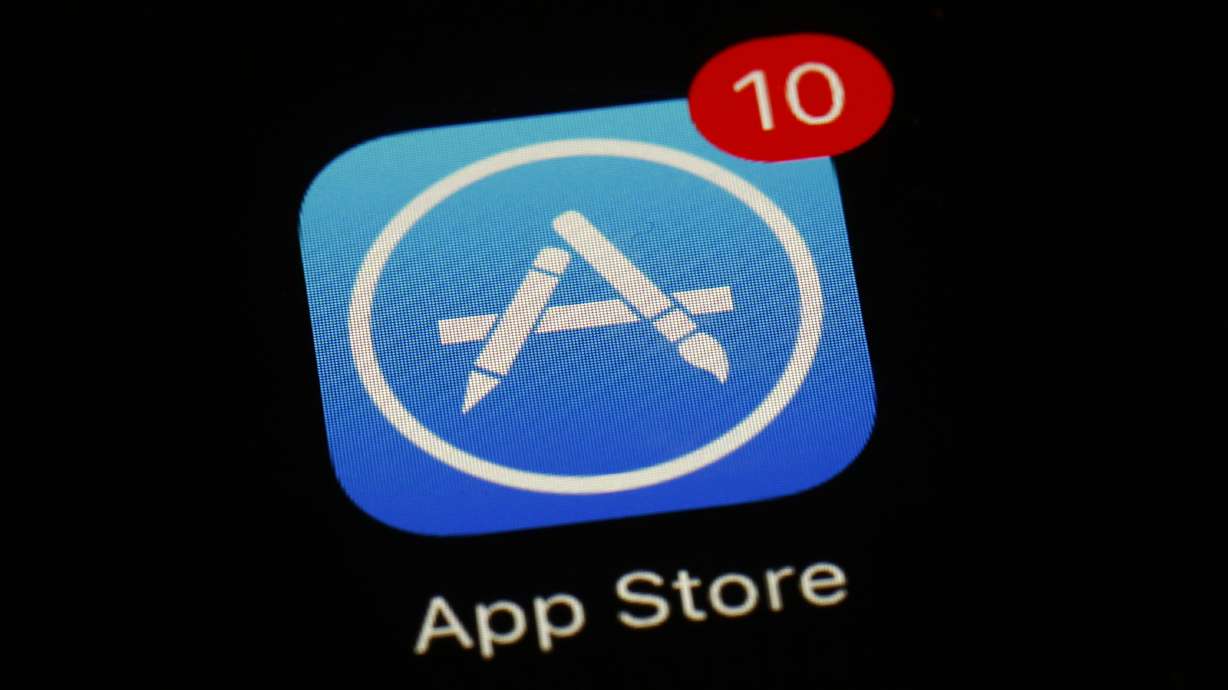Estimated read time: 2-3 minutes
This archived news story is available only for your personal, non-commercial use. Information in the story may be outdated or superseded by additional information. Reading or replaying the story in its archived form does not constitute a republication of the story.
WASHINGTON — Epic Games filed notice that it is appealing a federal judge's decision in a lawsuit alleging that Apple has been running an illegal monopoly that stifles competition.
The maker of the popular Fortnite video game said in a court filing Sunday that it will take the ruling to the 9th Circuit Court of Appeals in San Francisco.
In a 185-page decision rendered Friday, U.S. District Judge Yvonne Gonzalez Rogers ordered Apple to dismantle a lucrative part of the competitive barricade guarding its closely run iPhone app store, but she rejected Epic's allegations that Apple ran a monopoly.
Epic's notice of appeal said it would appeal the final judgment "and all orders leading to or producing that judgment."
The ruling continues to chip away at the so-called "walled garden" that Apple has built around its crown jewel, the iPhone, and its app store, without toppling it completely.
The decision also provided Apple with some vindication. The judge didn't brand Apple as a monopolist or require it to allow competing stores to offer apps for iPhones, iPads and iPods.
Those were two of the biggest objectives sought by Epic, which filed what it would hoped would be a landmark antitrust case last year after brazenly defying an exclusive payment system that funnels 15% to 30% of all in-app digital transactions on iPhones to Apple.
Such transactions can include everything from Netflix or Spotify subscriptions to the sale of digital item such as songs, movies or virtual tchotchkes for video games. Epic cast that highly lucrative fee as a price-gouging tactic that wouldn't be possible if competing stores were allowed to offer iPhone apps.
While parts of her decision raised questions about whether Apple's fees were driving up prices for consumers, Gonzalez Rogers left the fee structure intact and upheld the company's right to block other stores from offering apps for its iPhone. She sided with Apple on every other key point of the case.
But the judge did conclude Apple has been engaging in unfair competition under California law, prompting her to order the company to allow developers throughout the U.S. to insert links to other payment options besides its own within iPhone apps. That change would make it easier for app developers to avoid paying Apple's commissions, potentially affecting billions of dollars in revenue annually.
Apple did its best to frame the decision as a complete victory, even as it acknowledged it may appeal the portion of the ruling that will make it easier for app developers to sidestep Apple's commissions.









